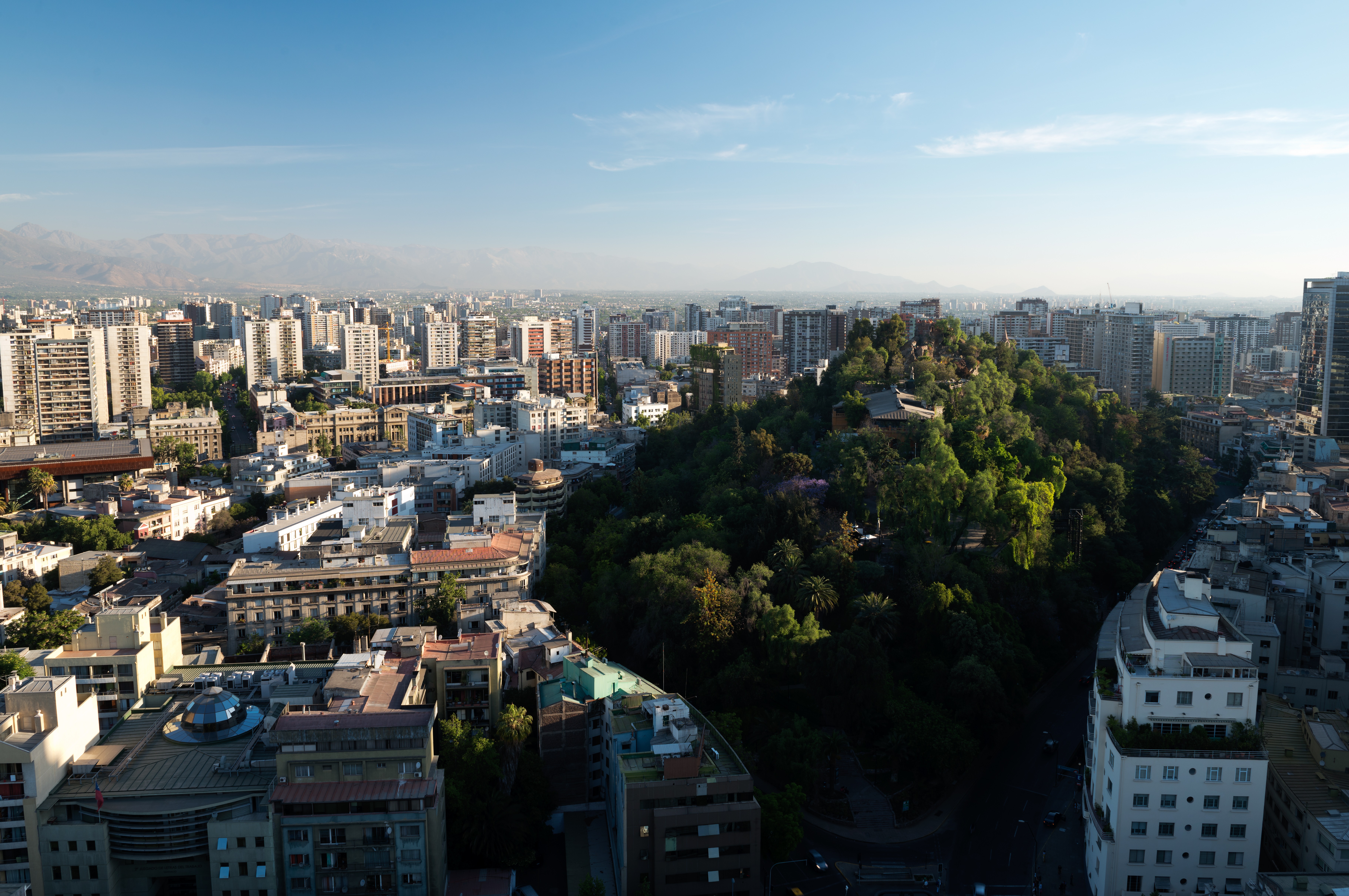
Uploaded on 2017-05-25 by Victor Cruz
1. Copenhagen 2. Helsinski 3. Oslo 4. Amsterdam 5. Barcelona Characteristics: 1. Social / political stability (Social Cohesion) 2. Health 3. Infrastructures 4. Education and Culture 5. Green areas and nature Santiago: 1. In general Santiago and Chile have a stable political and social situation, however, for some years, there have been important citizen movements, demanding more participation, transparency, among others. The capacity of individuals as political actors relevant to the areas that affect them directly or indirectly has been installed. 2. Health: In Chile unfortunately there is a very important private health system and public health (generally where the bulk of the population is attended) has a very precarious system. This means that if you do not have resources, you can not easily access good treatments or health infrastructures. Chile is very much in line with the health issue, and should move towards a solidarity system, but with a strong state component, which ensures an equitable quality for all, independent of their income, since health is a fundamental condition for the development of People at both the human and productive levels. 3. In Infrastructures Chile has grown considerably and has an important level of urbanization. Now, as a centralist country, the bulk of the major infrastructure is in Santiago (my city) and there are many places in Chile (as in the extreme south of the country) that do not yet have enabling infrastructures such as bridges or highways. We must advance not only in the construction of infrastructure, but in urban planning that does not imply that, when constructed, these damage the territory and the urban and social fabric, as has happened, for example, with the construction of large roads that Have destroyed neighborhoods and urban spaces, in order to facilitate vehicular displacement. 4. Education and Culture: in Chile for a decade at least education has taken the political agenda, from the social mobilizations, which call for a free and quality education system. Chile, in general, operates with free market logic and therefore, almost everything is under a privatized model, market, including education, which translates into a very large gap between those who can afford an education and access to circles Cultural and of important influence, versus the ones that do not have the means and accede to public education of low state investment. At present a General Education Reform is being discussed, which has had many detractors and advocates, and is expected to at least lay the foundations of a general Reform on how education is understood as a right rather than a privilege. 5. In Green Areas and Nature, specifically in Santiago, is a current discussion as well. A few years ago, the implementation of comprehensive plans to reduce the effects of pollution has been discussed, since Santiago is a valley and therefore is between mountains and hills, concentrating a lot of air pollution and low ventilation levels ( In the winter they generate peaks of respiratory diseases associated with this phenomenon). From many sectors, there is full awareness of reducing emissions through disincentives to private mobilization and generating incentives for public transport, which has specific rules on pollution. On the other hand, great efforts are being made to regenerate new areas of urban parks at different scales, to improve living conditions.